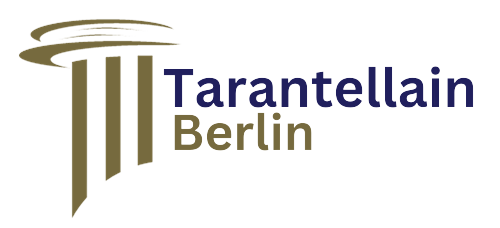Legal history is more than just a collection of past laws and cases; it’s a journey through the evolution of societies, governments, and justice. In this comprehensive guide, we will explore the fascinating realm of Legal History with a focus on the role of Constitutional Law Jobs, the significance of Constitutional Law Attorney, and the invaluable resource known as the Constitutional Law Book.
Understanding Legal History
Legal History is a discipline that unravels the historical development of laws, legal systems, and court decisions. It offers a lens through which we can examine the societal, political, and cultural forces that have shaped our legal landscape. Legal history takes us on a captivating journey through the annals of time, revealing how our understanding of justice and governance has evolved.
The Significance of Legal History
Legal history is not just a study of the past; it’s a means to understand the present and shape the future. It provides essential insights into the origins of our legal systems and the precedents that continue to influence contemporary laws. By exploring legal history, we gain a deeper appreciation for the principles upon which our societies are built.
Navigating Constitutional Law Jobs
1. A Multifaceted Field
- Constitutional Law Jobs encompass a wide array of roles. Attorneys, legal scholars, policymakers, and government officials are just a few examples.
- These professionals work on cases and policies that touch upon constitutional principles, civil liberties, and the balance of power.
2. Advocating for Constitutional Rights
- Constitutional Law Jobs often involve advocating for constitutional rights and liberties. This includes cases related to free speech, equal protection, and due process.
- Attorneys in this field play a critical role in upholding the constitution and ensuring justice.
3. Shaping Legislation
- Constitutional Law professionals contribute to shaping legislation and government policies. They provide expertise on the constitutionality of proposed laws and regulations.
- Their role is vital in ensuring that new legislation aligns with constitutional principles.
FAQ
Q1: How does a knowledge of legal historys benefit legal professionals, including Constitutional Law Attorneys?
A1: Legal history provides context for legal decisions, allowing professionals to understand the evolution of legal principles. For Constitutional Law Attorneys, this historical context is crucial in interpreting the Constitution and advocating for constitutional rights.
Q2: What is the role of the Constitutional Law Book in the study of legals history?
A2: The Jobs serves as a foundational resource for understanding constitutional principles and landmark court decisions. It provides a historical perspective on the development of constitutional law.
Q3: How can one pursue a career in Constitutional Law, and what qualifications are typically required?
A3: Pursuing a career in Constitutional Law often involves obtaining a law degree, specializing in constitutional matters, and gaining practical experience. Qualifications may include a Juris Doctor (JD) degree and passing the bar exam.
Q4: What is the ongoing significance of legal historys in contemporary legal practice and policymaking?
A4: Legals history continues to influence contemporary legal practice and policymaking. Understanding the historical context of legal principles is essential for interpreting laws, making informed policy decisions, and upholding constitutional rights.
Legals history is a captivating journey through time, shedding light on the origins of our legal systems and the principles that guide them. In the context of legal history, Constitutional Law Jobs, Constitutional Law Attorneys, and the Constitutional Law Book play pivotal roles. They ensure that our constitutional heritage remains vibrant and relevant in our ever-evolving world.
As we conclude our exploration of legals history and its intersection with constitutional law, we are reminded of the enduring importance of understanding the past to navigate the challenges of the present and build a just and equitable future.






